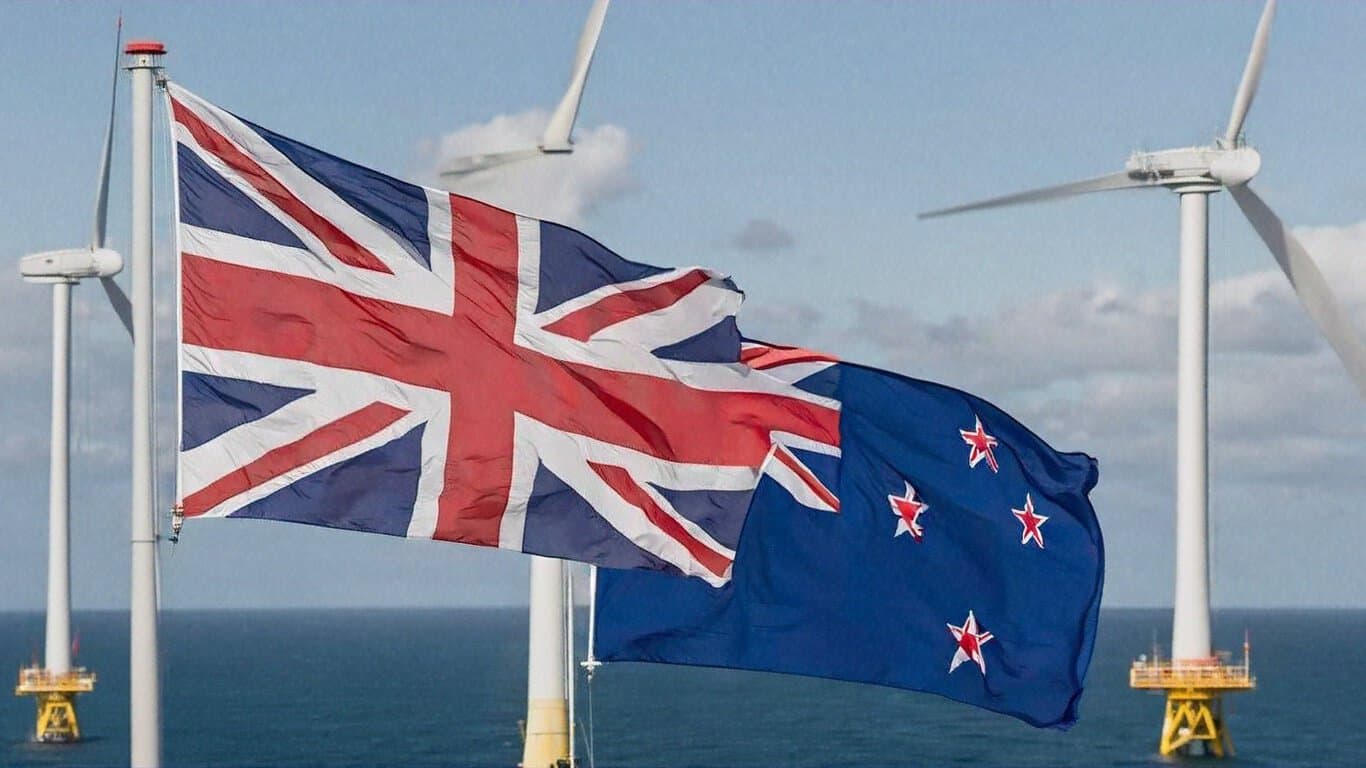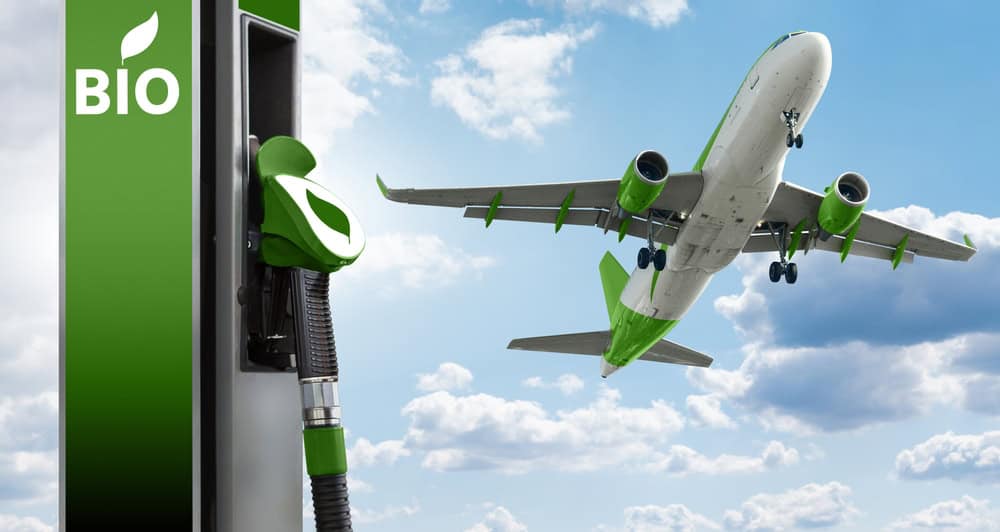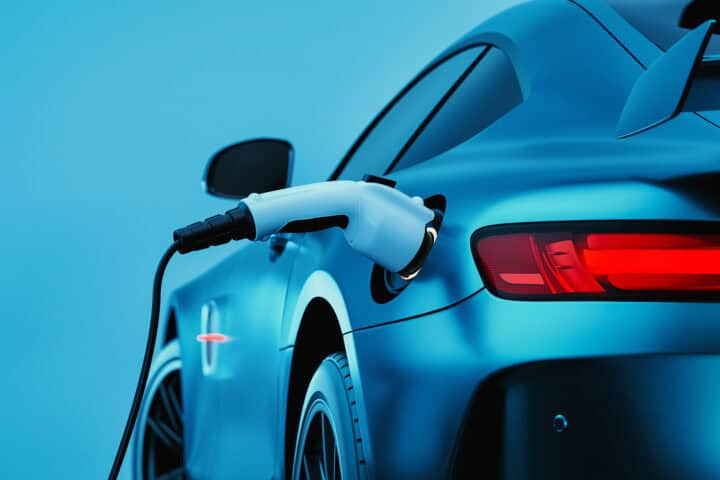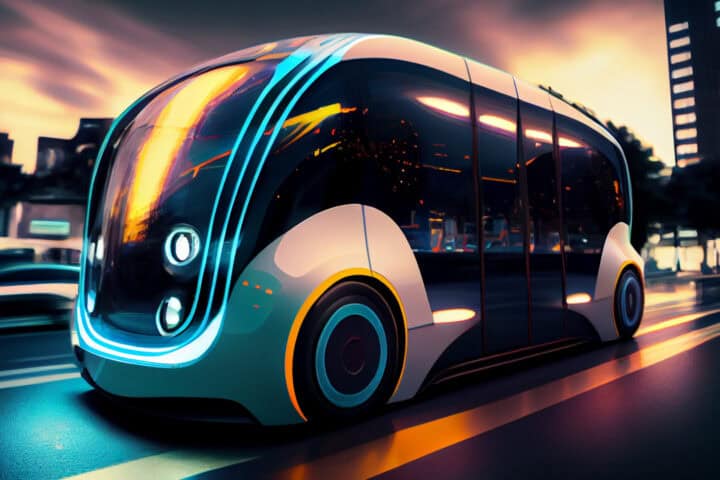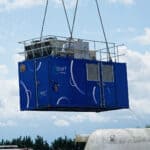The latest data from the Society of Motor Manufacturers and Traders (SMMT) reveals that the UK has emerged as a world leader in the deployment of zero-emission buses, with these vehicles now accounting for nearly a quarter of all new bus registrations. The rapid adoption of electric buses is a critical step toward the UK’s decarbonization goals, making it the largest market for zero-emission buses in Europe. In the second quarter of 2024, the UK saw a significant 61.7% increase in new bus, coach, and minibus registrations, with zero-emission buses leading this surge at 36.3% growth, surpassing major European markets like Italy, Germany, and France. This success is largely driven by government initiatives such as England’s Zero Emission Bus Regional Area funding and Scotland’s Zero Emission Bus Challenge Fund. However, challenges remain, particularly for smaller and rural bus operators who struggle with the financial burden of purchasing new vehicles and the necessary infrastructure. The SMMT’s position paper calls for a clear, detailed plan to guide the entire bus sector towards net-zero emissions, emphasizing the need for long-term support to ensure the benefits of green mobility are accessible nationwide. The UK’s leadership in this area highlights the potential for a fully decarbonized public transport system, setting an example for other nations to follow.
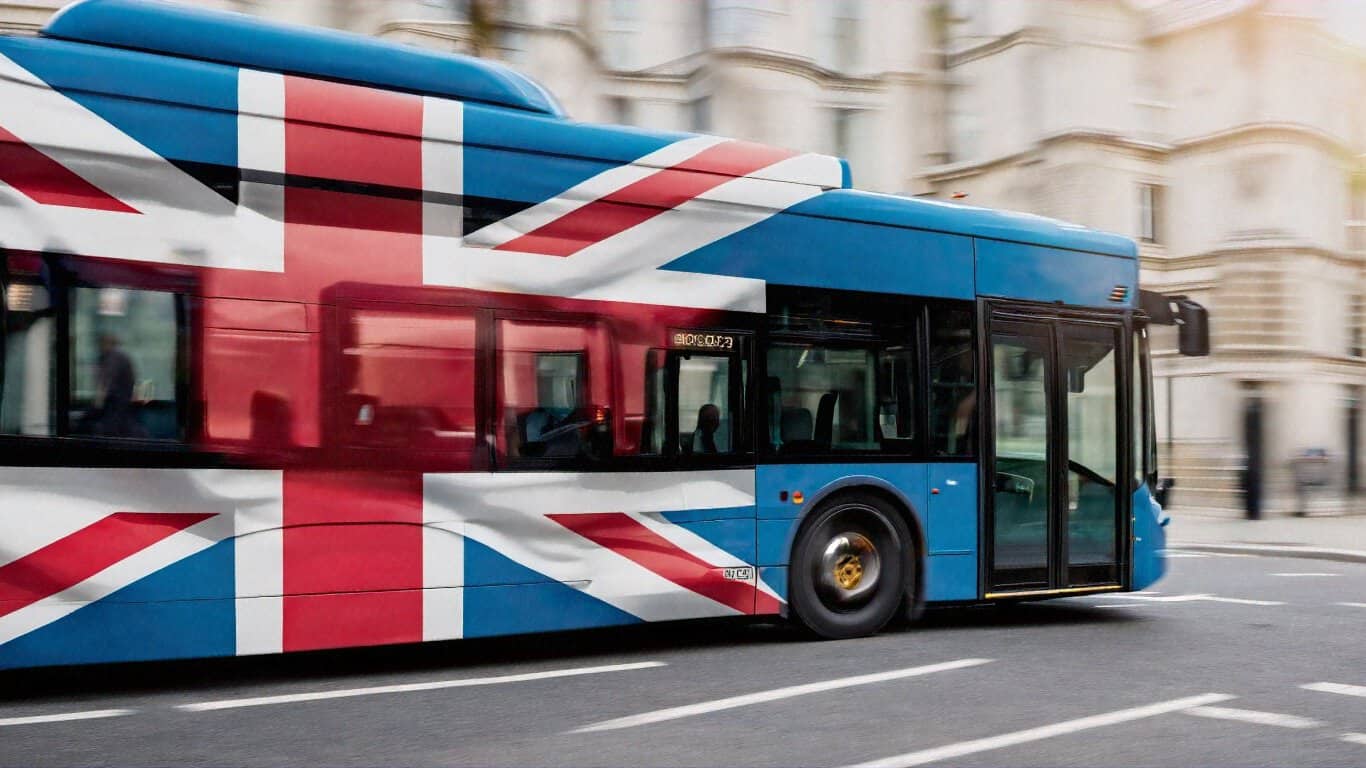
The most recent data from the Society of Motor Manufacturers and Traders ( SMMT ) has demonstrated that the UK is a world leader in the deployment of zero-emission buses.
In the UK, zero-emission buses today represent a quarter of all new registrations – positioning the country as Europe’s largest market for adopting alternative transportation.
The UK’s rapid adoption of electronic buses represents a significant step forward for the country in achieving its decarbonization goals.
Leading Europe’s zero-emission bus deployment
Overall, the number of new buses, coaches and minibuses registered in the UK increased by 61.7 % to 1, 826 units in the second quarter of 2024 – with the bus sector experiencing its second consecutive quarter of growth.
The adoption of zero-emission vehicles in the UK bus sector is accelerating, with new registrations of the latest green buses rising by 36.3 % in the second quarter of 2024, reaching 424 units.
This surge places the UK as the leading zero-emission bus market in Europe, outpacing Italy, Germany, and France in volume.
Government initiatives, such as England’s Zero Emission Bus Regional Area funding and Scotland’s Zero Emission Bus Challenge Fund, have been instrumental in driving this growth.
As a result, nearly a quarter ( 23.2 % ) of all new bus purchases in the first half of 2024 were zero-emission vehicles.
Buses are currently at the forefront of decarbonization efforts for road vehicles in the UK. Their transition to zero emissions is more simple than that of cars, vans, and trucks, mostly due to their depot-based operations and consistent routes.
This puts the bus industry in a position where it could possibly achieve net zero emissions before any other vehicle category.
However, there are no uniformly high rates of zero-emission buses in the UK, with smaller and rural bus operators facing major difficulties in funding both the purchase of fresh vehicles and the required infrastructure.
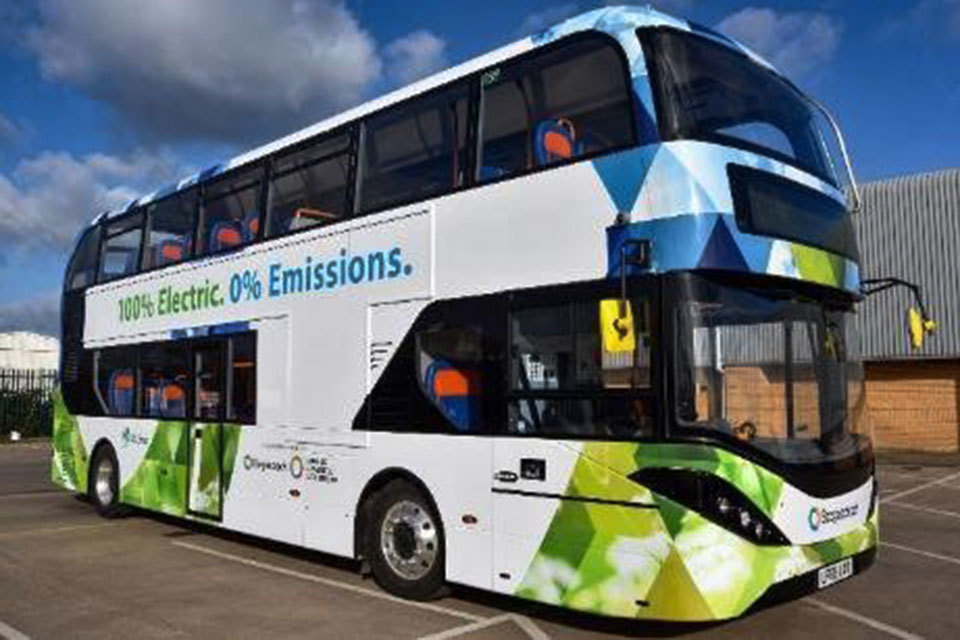
Call for a fairer bus market, decarbonized, and a distinct path
In its position paper,” Second Stop, Online Zero: The Route to a Decarbonized UK Bus Market,” The SMMT emphasized the need for a detailed plan.
The paper emphasises the importance of establishing a distinct timetable to guide all regions, operators, drivers, and passengers towards net zero.
It also calls for long-term, visible support for bus fleets of all sizes to ensure that the benefits of green mobility—such as improved air quality, reduced noise pollution, and superior customer experience—are available to everyone across the UK.
Given the crucial role these vehicles play, from commuting and stayingcations to transportation for schools, charities, and health and social care, a boost in uptake of new buses, according to Mike Hawes, SMMT CEO, is even a boost for our economy and society.
Buses and the communities that depend on them could be the first UK to reach net zero with the appropriate incentives and infrastructure in place, and at the same time, fleets continue to go clean in increasing numbers and continue to do so.
The road to a totally decarbonized bus fleet is getting clearer as the UK continues to lead the charge in the adoption of zero-emission buses.
The UK can set a strong example for other countries by addressing issues and keeping up the momentum, showing that with the proper support and proper planning, a cleaner, more sustainable future for public transportation is within reach.

